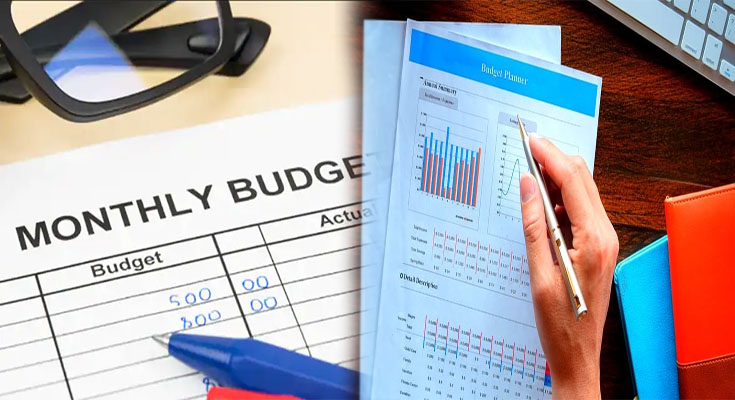
Creating a Realistic Household Budget Template
Managing finances effectively is an important skill that can contribute to a stress-free and comfortable life. A crucial step in achieving financial stability is creating a realistic household budget. By tracking income and expenses, you can gain control over your finances and make informed decisions about saving and spending. In this article, we will guide you through the process of creating a realistic household budget template.
1. Gather Financial Information
Start by gathering all the necessary financial information, including monthly income and expenses. Gather pay stubs, bills, bank statements, and any other relevant documents. This step is essential in order to have an accurate representation of your financial situation.
2. Calculate Your Monthly Income
Add up all sources of income you receive each month. Include your salary, investments, rental income, and any other regular sources of income. By determining your total monthly income, you can establish a realistic budget based …
Creating a Realistic Household Budget Template Read More

